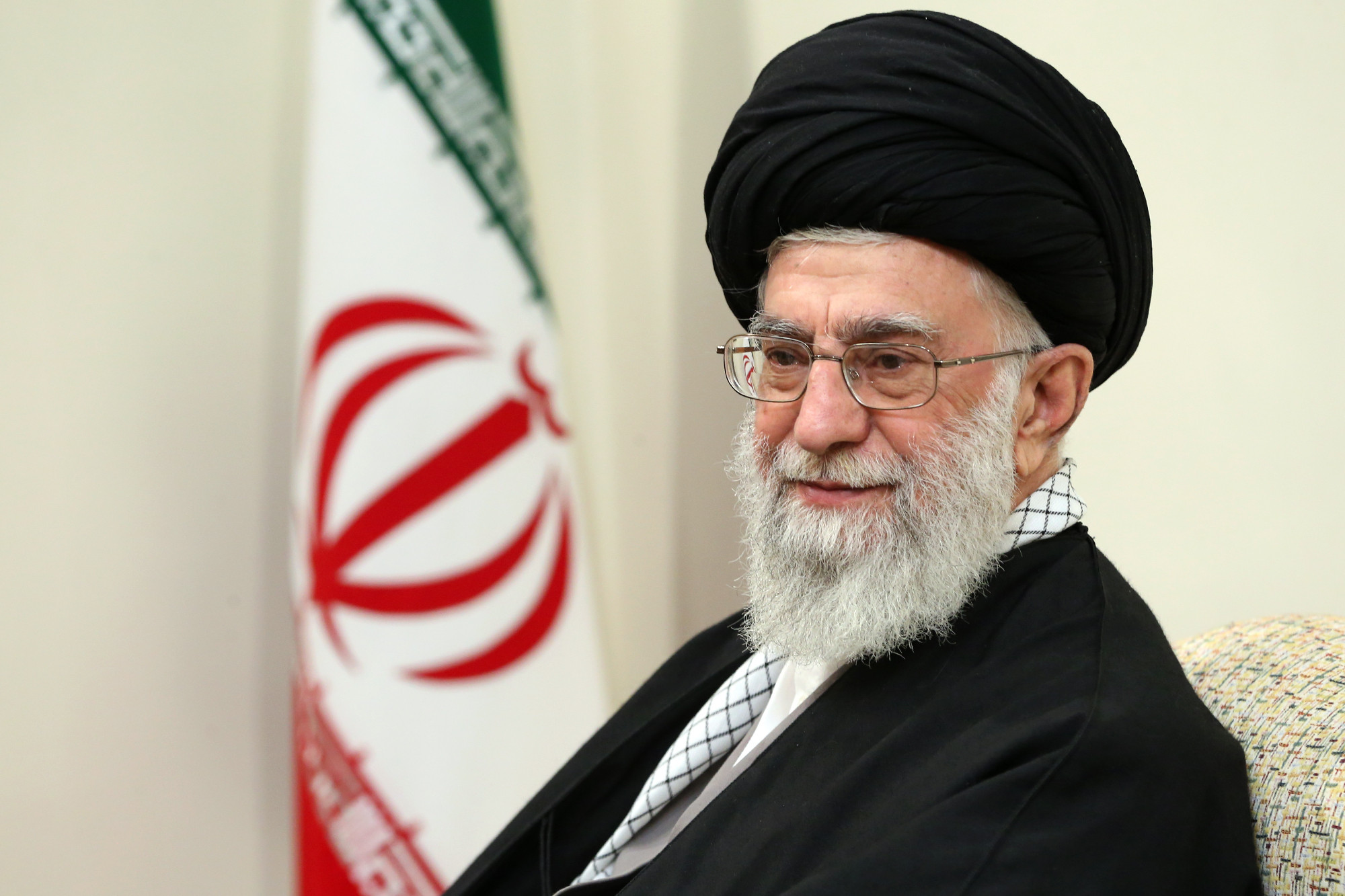TEHRAN, Iran — Iran’s Supreme Leader, Ayatollah Ali Khamenei, has downplayed the impact of recent U.S. airstrikes on Iranian nuclear facilities, declaring that Washington “gained no achievements” and vowing further retaliation if Iran is attacked again.
In his first public address since a ceasefire between Iran and Israel was reached on Tuesday, June 24, 2025, Khamenei said the strikes “did not accomplish anything significant” in halting Iran’s nuclear ambitions.
He also hailed Iran’s retaliatory attack on a U.S. air base in Qatar as a “heavy blow,” warning that future reprisals could follow.
“This incident is also repeatable in the future, and should any attack take place, the cost for the enemy and the aggressor will undoubtedly be very high,” Khamenei said in a televised speech.
His location was not disclosed, though Iranian officials confirmed earlier in the week that he had been moved to a secure facility.
The remarks come as U.S. officials continue to assert that the strikes, which targeted nuclear sites in Fordo, Natanz, and Isfahan last weekend, delivered a major setback to Iran’s uranium enrichment programme.
Speaking at a Pentagon press conference on Thursday, June 26, 2025, U.S. Defence Secretary Pete Hegseth, flanked by General Dan Caine, described the mission as a “historic success.”
“The operation significantly damaged the nuclear programme, setting it back by years,” Hegseth said.
“We’ve rendered the enrichment facilities inoperable.”
President Donald Trump had earlier claimed the strikes “totally obliterated” Iran’s nuclear sites, but reports citing unnamed officials had cast doubt on the extent of the damage.
Trump responded angrily to those suggestions, with Hegseth reaffirming that there was “no intelligence” to support claims Iran had evacuated enriched uranium from the deeply-buried Fordo facility prior to the attack.
The direct confrontation between Iran and Israel began on Friday, June 13, 2025 after Israeli Prime Minister Benjamin Netanyahu warned that Iran could produce a nuclear weapon “in a very short time.”
That warning followed a historic decision by the board of governors of the International Atomic Energy Agency (IAEA) to censure Iran for breaching non-proliferation agreements for the first time in two decades.
While Tehran maintains that its nuclear programme is entirely civilian in nature, the fallout from the airstrikes has renewed tensions over transparency.
On Thursday, June 26, 2025, Iran’s parliament passed a bill terminating cooperation with the IAEA, effectively ending international inspections of its nuclear sites.
In the 12 days of hostilities leading up to the ceasefire, Iran’s health ministry reported 610 fatalities from Israeli and U.S. strikes, while Israeli officials said 28 people were killed by Iranian missile fire.
The U.S. became directly involved in the conflict last weekend, launching targeted strikes on Iranian facilities and later helping broker a ceasefire agreement.
Although fragile at first, the truce appears to be holding amid continued diplomatic efforts.
UN nuclear watchdog chief Rafael Grossi said on Wednesday that there remained a possibility Iran had relocated parts of its highly enriched uranium stockpile prior to the attacks, though this has not been independently verified.
Khamenei’s remarks are likely to heighten tensions in the region once more, with the Supreme Leader asserting that the Islamic Republic had emerged victorious against both Israel and the United States.
“They couldn’t accomplish anything and did not achieve their objective,” he said.







